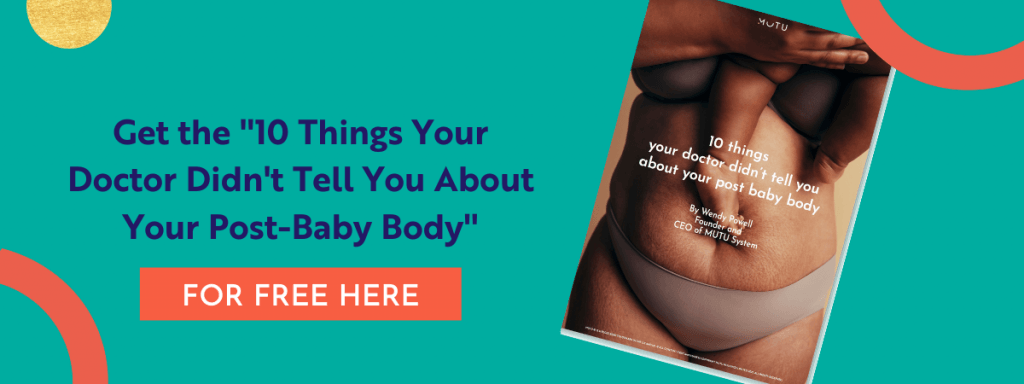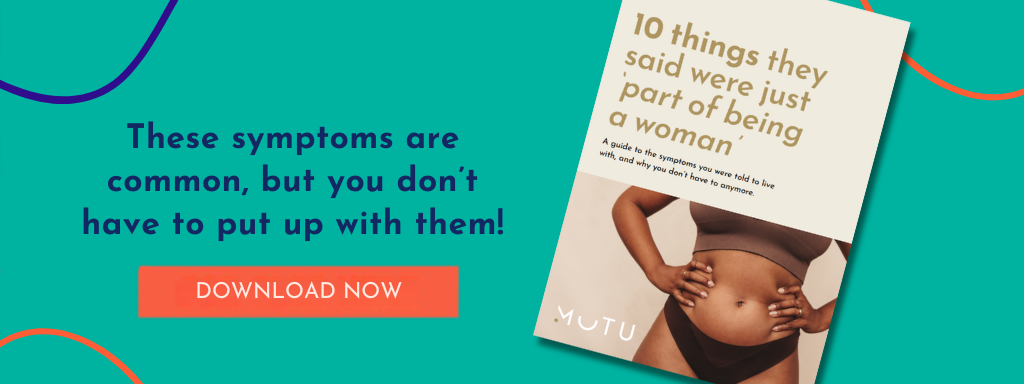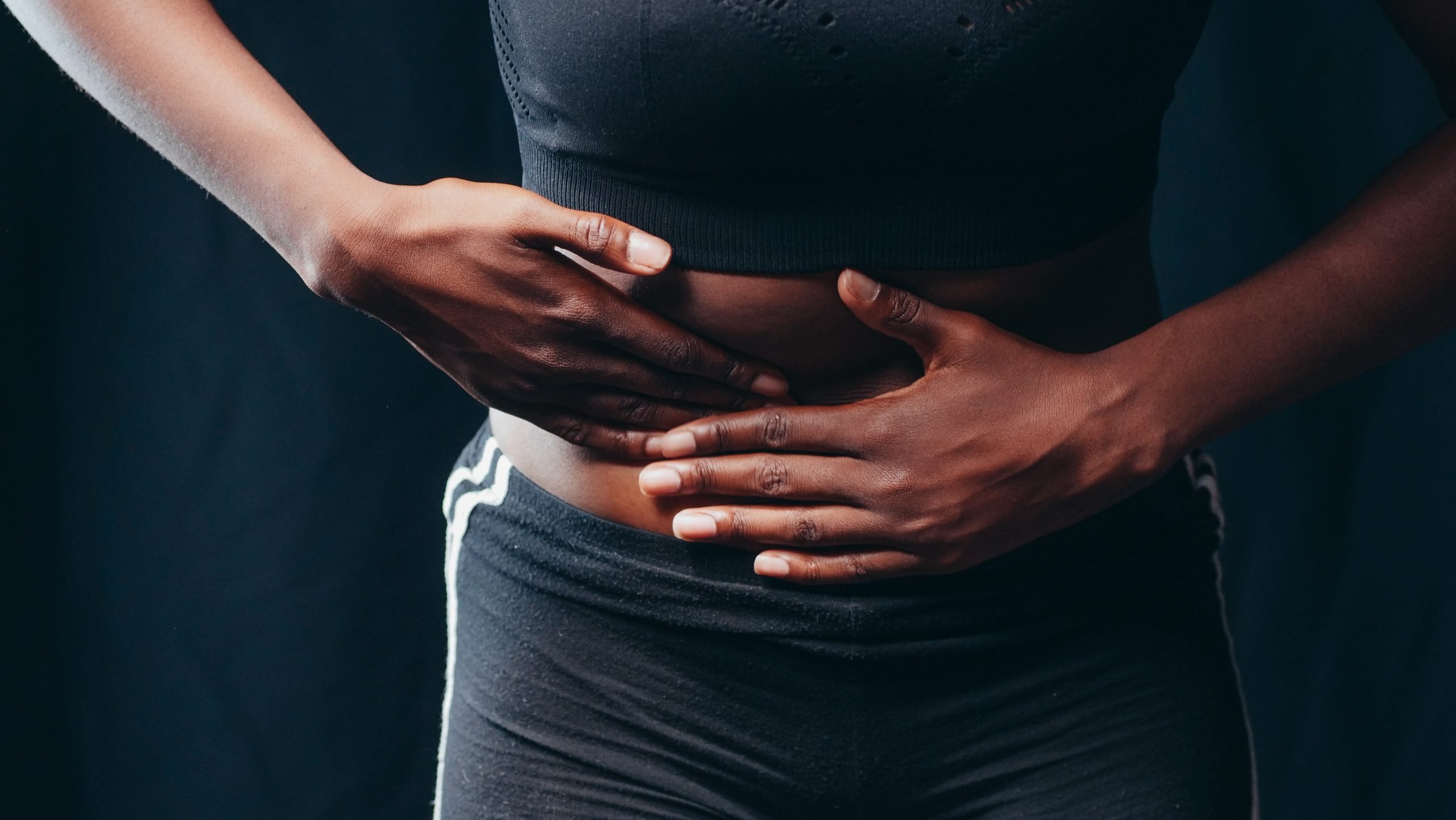The fat we eat may not be the problem, but fat loss and sugar might be. Stress, hormones, processed food, not enough good fats and not moving enough are all factors in fat loss.
We need fats
For years we were fed the ‘low fat’ mantra of losing weight. There was something so simple about it: fat makes you fat. But this is entirely misleading. We need fats, natural, healthy fats like those in nuts and seeds, oily fish like mackerel or salmon, avocados, eggs, and good olive oil.
How to eat good fats
Fish: Salmon, mackerel herring, sardines, and tuna – all are a great source of Omega 3 essential fats. But if you don’t want to eat 4 portions of oily fish every week, take a good quality fish oil supplement. Good old cod liver oil works too! You’re looking for ‘Omega 3’s’. Most of us have more than enough Omega 6’s in our diet (found in sunflower oil, sesame oil, dairy, and eggs), so it’s the 3’s you need more of.
Seeds: The easiest way to get the good fats from seeds is to grind them up. Otherwise, unless you do some serious chewing, those good fats will just pass right on through. The best ones for Omega 3 are Flax (also known as linseed), hemp, pumpkin, and walnut. Add in a few sunflower or sesame seeds and use a coffee grinder to churn them up. Keep them in a sealed jar in the fridge, and add a tablespoon a day to your breakfast or a salad.
Olive oil: Look for the words ‘cold-pressed’ and ideally your oil should be in a dark colored bottle (to protect it from light damage). Don’t cook on high heats with good olive oil – it’s a waste as it ruins both the goodness and the taste. Cook with coconut oil instead and be generous with your olive oil in salads, poured over warm pasta and in soups.
All of the above fats will help keep you lean and healthy as well as help you regulate a host of other helpful processes in your body.

Fat loss and sugar
When it comes to fat loss and sugar, there’s the obvious sugar to avoid. These are in cakes, fizzy drinks, and desserts, but there’s also a lot of hidden sugar you may not even know you’re eating.
Sugar increases the levels of insulin in your body and that makes your body store fat, especially around your middle. It makes your body really, really good at storing fat.
Of course, other effects are increased blood pressure, higher cholesterol, increased risk of diabetes and heart disease and premature ageing.
On the other hand, when insulin levels fall within your body, you use fat for fuel. (Something you do want your body to be good at).
How to eat less sugar for fat loss
The obvious sugar is easy to identify and cut out (or down), but the hidden sugar in our diets is much harder. There is hidden sugar in everything from packaged meats like ham or sausage, to crisps, ketchup and cheese spread.
So you have to get a little more attentive to the labels on your food: anything that ends in ‘ose’ is sugar. Dextrose, fructose, glucose, it’s all sugar. And if you see HFC (High Fructose Corn syrup) then definitely try to avoid.
Don’t fruit and fruit juices contain lots of sugar?
Fruit does contain natural sugar, in the form of fructose, BUT in whole fruit and vegetables (note ‘whole’ – if you consume just the juice then you’re missing out) it is mixed with vitamins, enzymes, phytonutrients, minerals, and fibre. All this goodness offsets most downsides of eating whole fruit in moderation.
It’s not fructose itself which is a problem, but rather the massive doses of added fructose we consume in other, unnatural, processed foods – soft and fizzy drinks are the worst culprit here – they are packed with added fructose and this is what you need to avoid at all costs.
Go easy on fruit juice too (pure water should be your thirst quencher of choice) and if it says ‘fruit drink’ or ‘contains real fruit juice’ then it probably has as much, or more, added sugar/fructose than the fizzy soft drinks!
What about diet drinks and foods?
Diet drinks obviously contain artificial sweeteners in place of sugar or fructose, but very often those additives can have a similar effect on your insulin levels, producing the same fat-storing effects as real sugar. Sweeteners (artificial or otherwise) stimulate appetite and place strain on your kidneys and liver that have to process them. Very often the psychological effect of consuming large amounts of diet drinks seems to be that we ‘make up’ the calories elsewhere and consumption has less effect on weight control than you might imagine.
Processed foods are not only devoid of fiber and nutrients, but – and often the ‘diet’ processed foods are the worst! – they are also packed full of added fructose.












